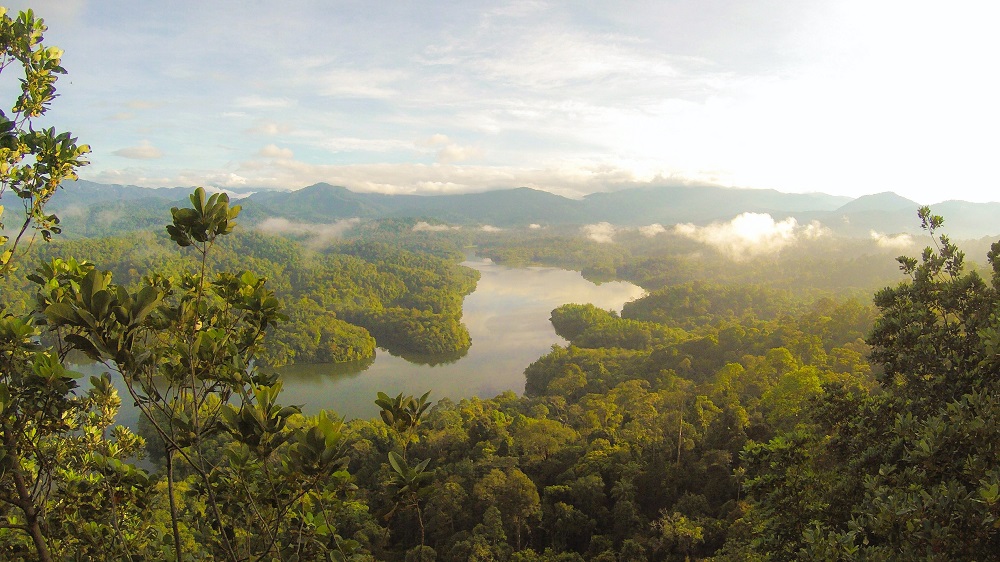By Roger Lienhard, Founder & Executive Chairman of Blue Horizon
Our unsustainable food production system is pushing our planet’s natural resources beyond its limits. According to a recent report, carbon emissions have risen 60 percent in the last 25 years. Fossil fuels contribute to that significantly, but animal agriculture emits more greenhouse gases than any other industry. It also occupies more agricultural land than crops while not providing adequate calories for the global population. Many suffer the consequences of animal agriculture; humans, oceans, and animals. I’m not just talking about pigs, chickens, and cows: I mean wild animals, too.
The research supports this. Between 1976 and 2015, there has been a 68 percent decrease in population size for mammals, birds, reptiles, amphibians, and fish. According to the Living Planet Report 2020 from the WWF, this loss is linked to human activities. We are destroying wetlands, grasslands, and all manner of wildlife habitats faster than we ever have, all in the name of industry.
These rapid losses are indicative of overall ecosystem health; they’re effectively warning signs from the planet. Climate change is making the California fires and other natural disasters worse. It’s creating dead zones in our rising oceans. We are ushering in the next mass species extinction unless we implement immediate change. The time for lackadaisical commitments to reducing carbon emissions by a vague percentage without a plan of action is over. Climate change could undo all of humankind’s gains; immediate action is needed.

We can move away from industries like meat and dairy, which have far more sustainable solutions. We should not be spending money on studies that look into how we can make cow farts less toxic to the ozone so we can continue to produce cheap beef burgers. We ought to be investing in the most sustainable option possible: plant-based protein. Whether you eat meat or not, you have likely tried one of those “realistic” plant-based burgers that look and taste like beef; even mainstream restaurant chains are adding meatless meat to the menu.
Legumes like pea protein, the key ingredient in the Beyond Burger and other meat substitutes, is ideal for crop rotation because it locks nitrogen into the soil. Not only does this help prevent soil depletion, but it also saves farmers money on fertilizer. If you’re curious about the significance of soil health, I highly recommend checking out the documentary “Kiss the Ground” on Netflix.
Embracing these options doesn’t only mean putting meat, dairy, and eggs out to pasture (although that is a fantastic start). It also means moving toward more sustainable farming practices that will help lead us toward a better global food system.
